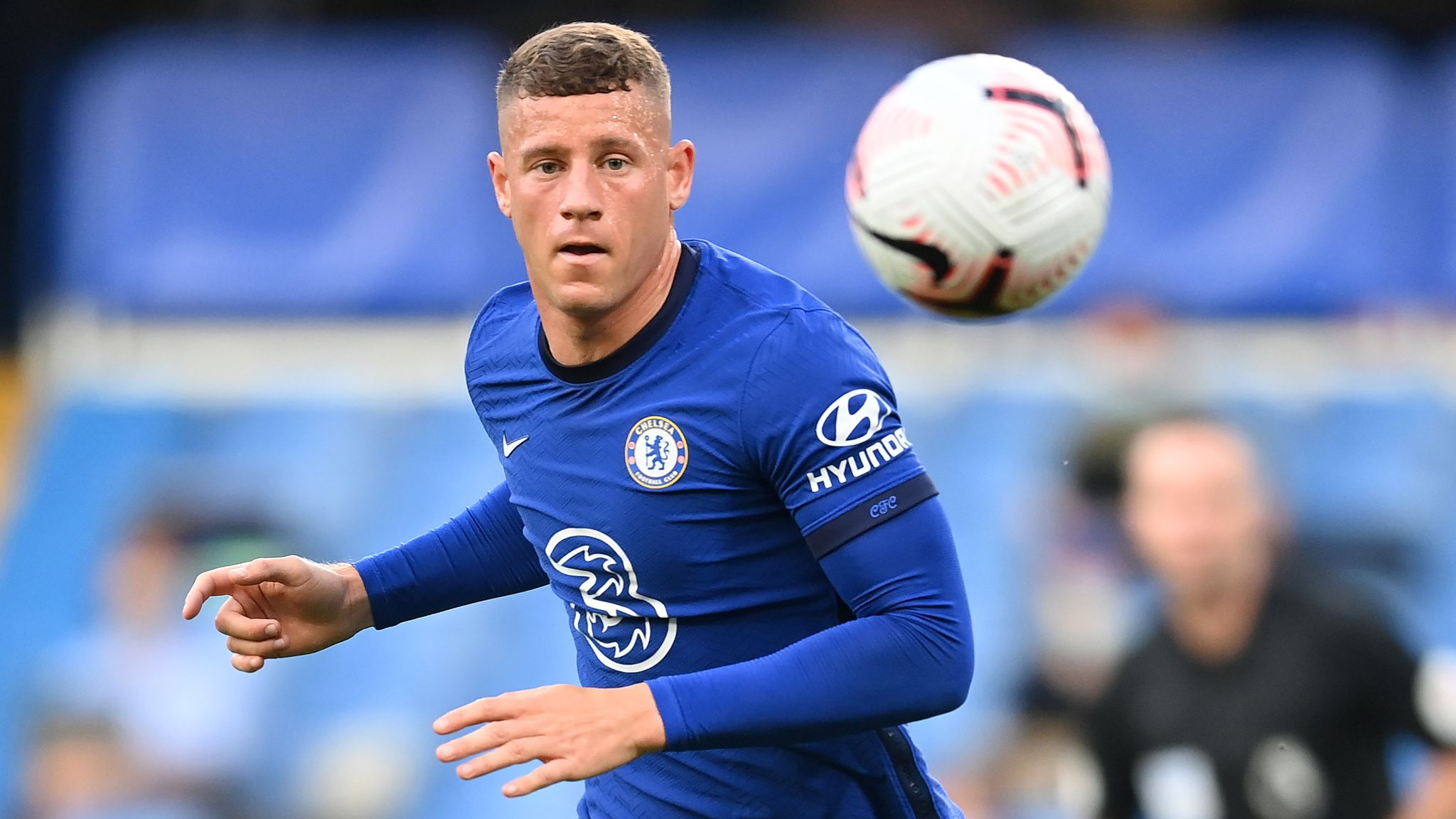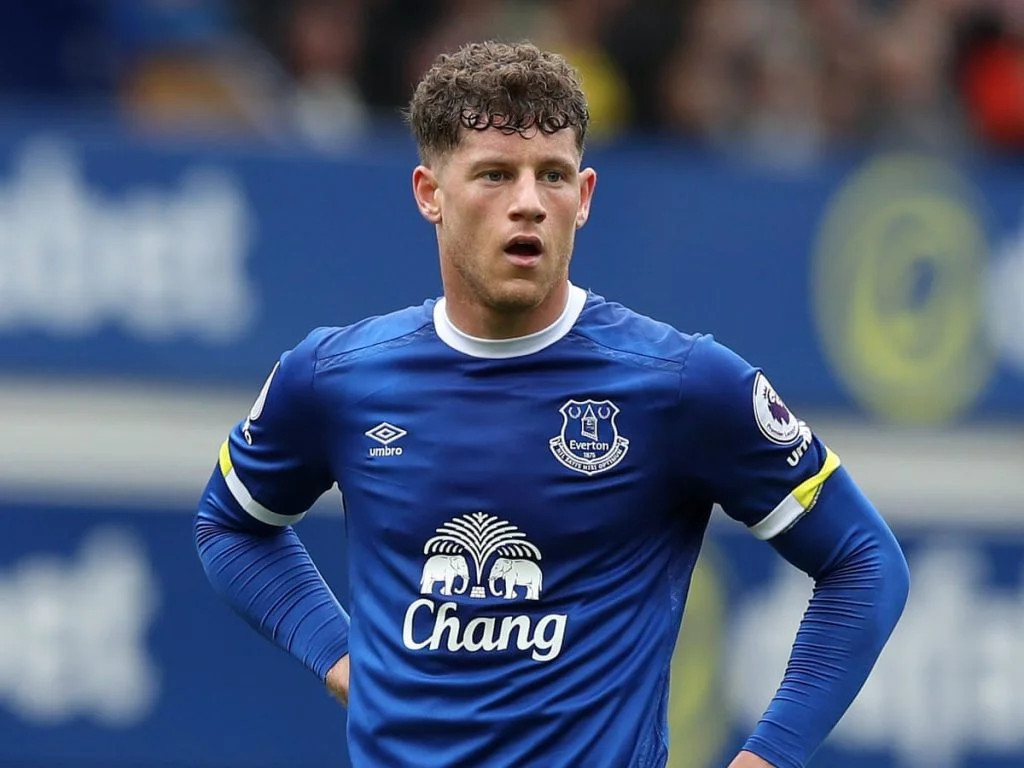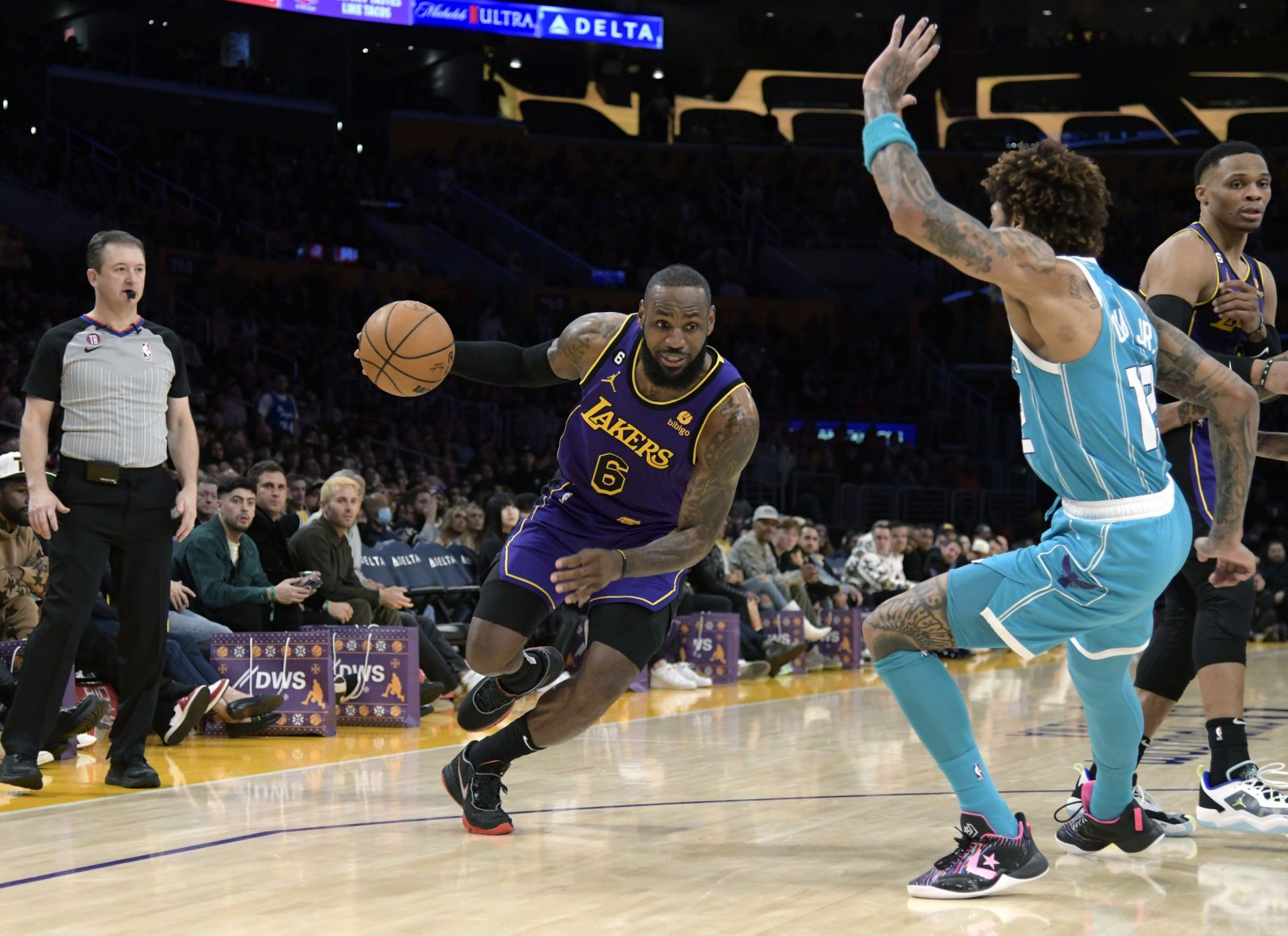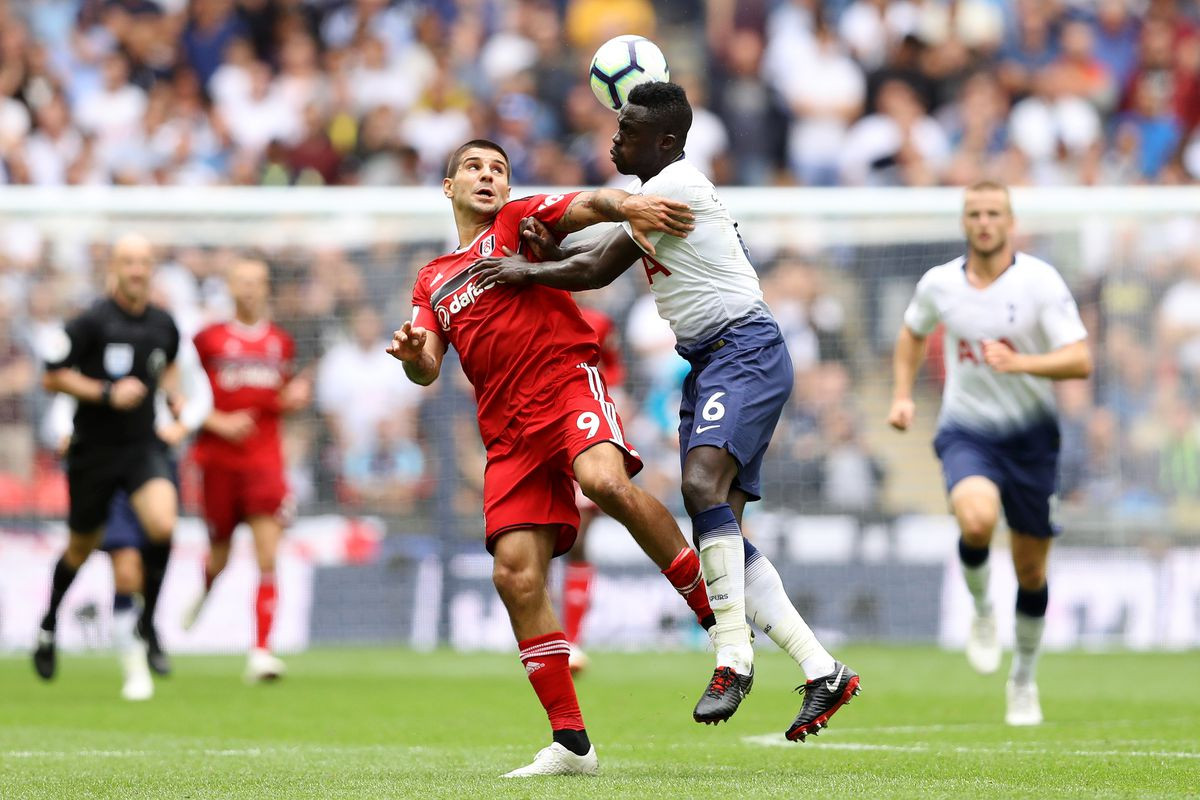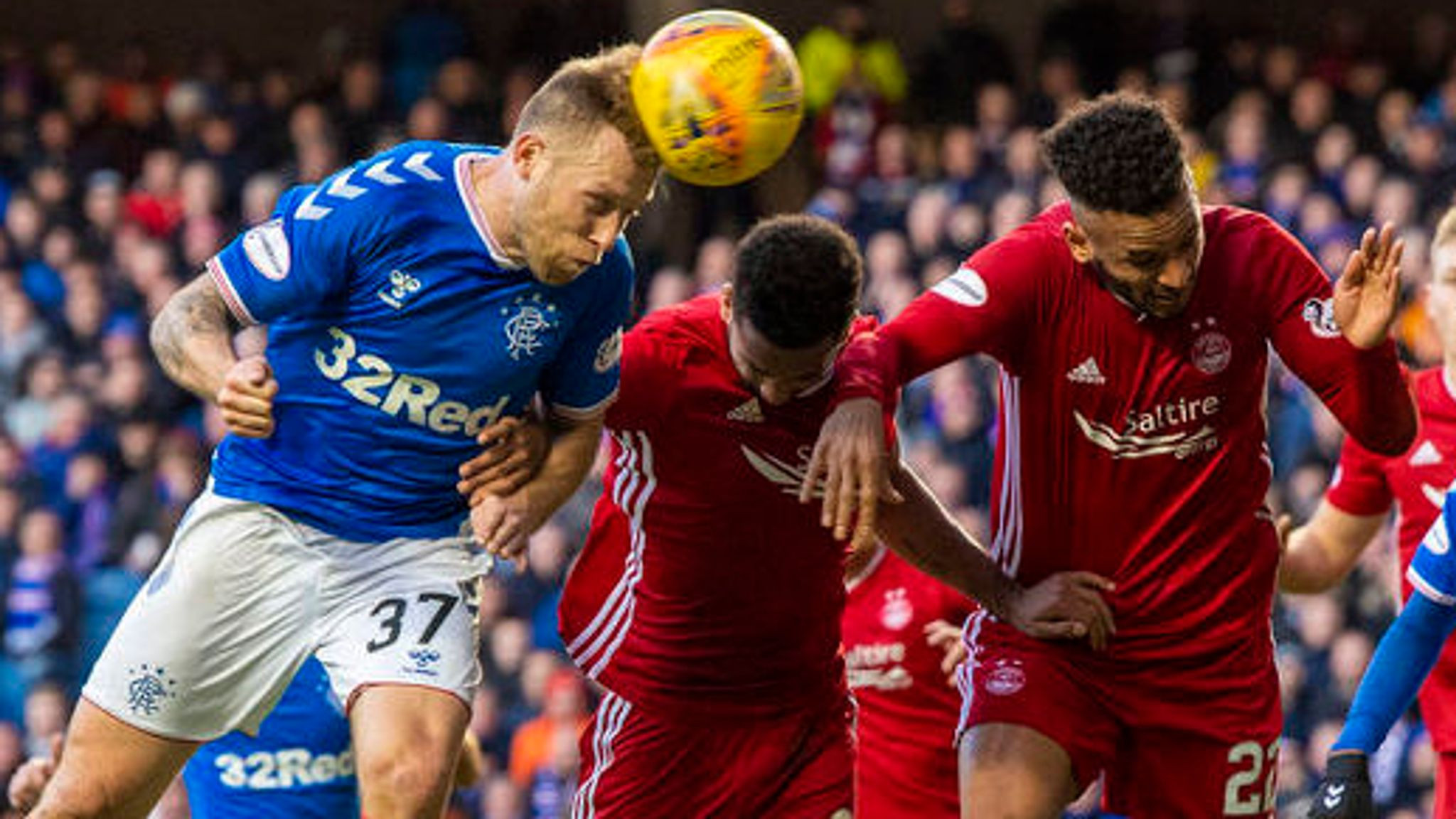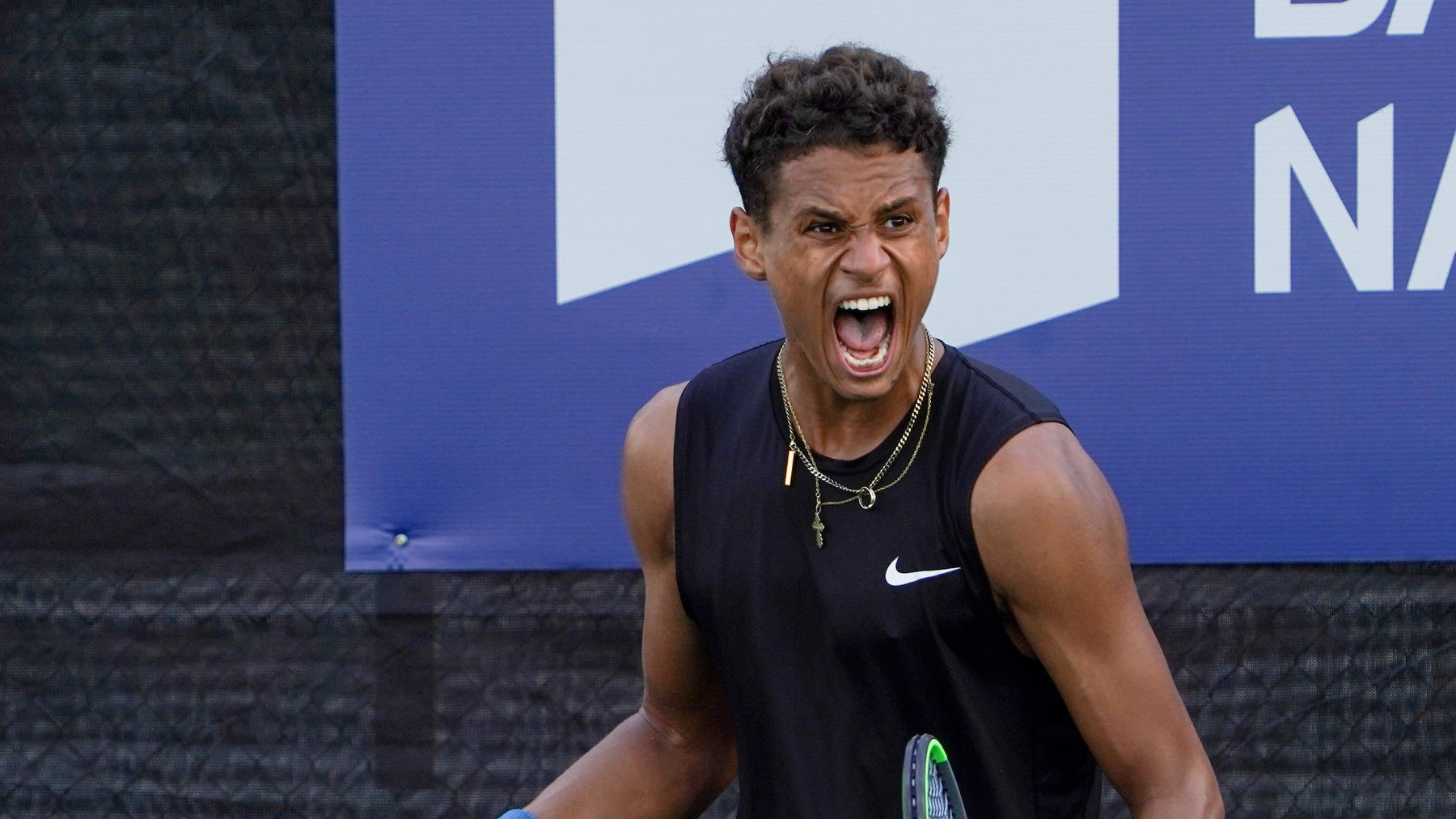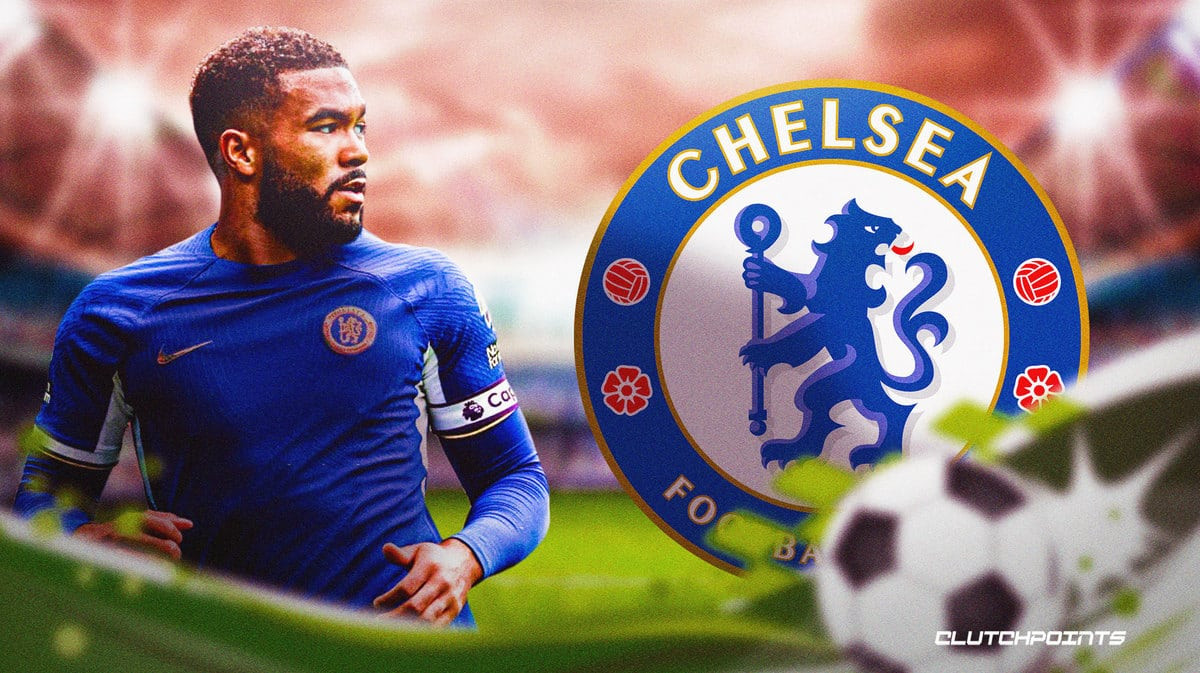As the clock ticked past the 15-minute mark during Aston Villa's clash with Wycombe Wanderers, young defender Sil Swinkels found himself still on the ball, cleverly attempting to draw Wycombe's defence into a pressing trap, thus creating gaps for his teammates to exploit. In a matter of mere seconds, Ross Barkley, making his first competitive start after rejoining Villa, was already surveying his surroundings, peering over his shoulder no less than four times.
The 30-year-old Barkley was not only a pivotal figure on the pitch but also the most experienced player among a squad featuring nine academy graduates. His presence was palpable; he commanded attention, leading by example. Earlier, Barkley calmed Swinkels, encouraging him to stay composed in possession, knowing that extra touches could settle the youthful side and maintain control in the early exchanges.
Shortly thereafter, under similar circumstances, Swinkels found Barkley with a pass, despite being tightly marked by two opponents. In a flash, the midfielder executed a sharp first-time flick pass, extricating Villa from a tricky situation. Remarkably, Barkley completed a staggering 76 passes — a tally greater than eight of Wycombe’s starters combined, reinforcing his role as Villa's metronome.
Despite being on holiday, Villa's decision-making triumvirate — manager Unai Emery, football operations president Monchi, and director of football Damian Vidagany — dedicated hours each day to ensure a balanced squad while addressing concerns about profits and sustainability. Yet, the most straightforward investment was Barkley.
He became Villa's first signing of the summer, a low-cost acquisition following a £5million buy-out clause from Luton Town. However, it wasn't just about the price; he epitomized the type of central player Emery adores: confident on the ball and adept at playing forward at critical moments.
Fans often see Barkley on the ball, daring opponents to close him down, creatively rolling it back to maintain possession. With Emery's vision of a more refined, patient style of play, Barkley’s more mature self seemed a perfect fit.
Emery personally urged Monchi and Vidagany to secure Barkley, who was eager to return to Villa following an loan spell in the disrupted 2020-21 season. The midfielder had revitalized his career over the past year, transforming into a deep-lying playmaker whose ball progression and refined temperament illustrated his evolution.
Emery often criticizes players for rushing their attacks. Although it might seem counterproductive, playing at high speed can lead to a lack of direction, turning matches chaotic and transitional. Such scenarios tend to unfold in the second halves, prompting tactical adjustments.
Consequently, Barkley has been pivotal in recent matches, coming off the bench to replace Amadou Onana, an athletic midfielder still developing his pressing game and tempo control.
As a matured No.6, Barkley’s ability to read the game has melded seamlessly with Youri Tielemans, another player of a similar mould. Together, they forged a robust partnership in matches against Leicester City, Everton, and Wolves, providing necessary composure and stability to Villa's attack.
The turning point was evident in the comeback against Everton, where Barkley's introduction at half-time brought improved possession. Villa became more aware, minimizing counter threats and giving wide players space to stretch their positions. Ultimately, this forced Everton into a defensive shift.
“We must be intelligent, utilizing every match with the characteristics we need on the pitch,” said Emery following that game. “Barkley and Youri Tielemans can operate together or have other midfielders alongside them. What we required in the second half was patience in our build-up.”
Barkley further influenced Villa’s subsequent performance against Wolves. While Jhon Duran has captured headlines as the game-changer, Barkley’s significance shouldn't be underestimated. His introduction after the hour mark brought precision and purpose to Villa's play, ultimately helping them to undeservedly secure another comeback win.
In light of Villa's inconsistencies in domestic cup competitions, the narrow 2-1 victory over Wycombe was perhaps expected. It was a scrappy affair, especially with Emery implementing a youthful, makeshift lineup. As debutants flooded in, the emphasis on Barkley to maintain Villa's structural integrity increased.
When Onana was substituted for 17-year-old Aidan Borland, set-piece coach Austin MacPhee sought out Barkley, urging him to enhance his defensive awareness.
Barkley is far removed from the reckless young talent he once was at Everton. He is now in a new phase of his career: disciplined, tactically aware, and perfectly aligned with Emery's philosophy.




